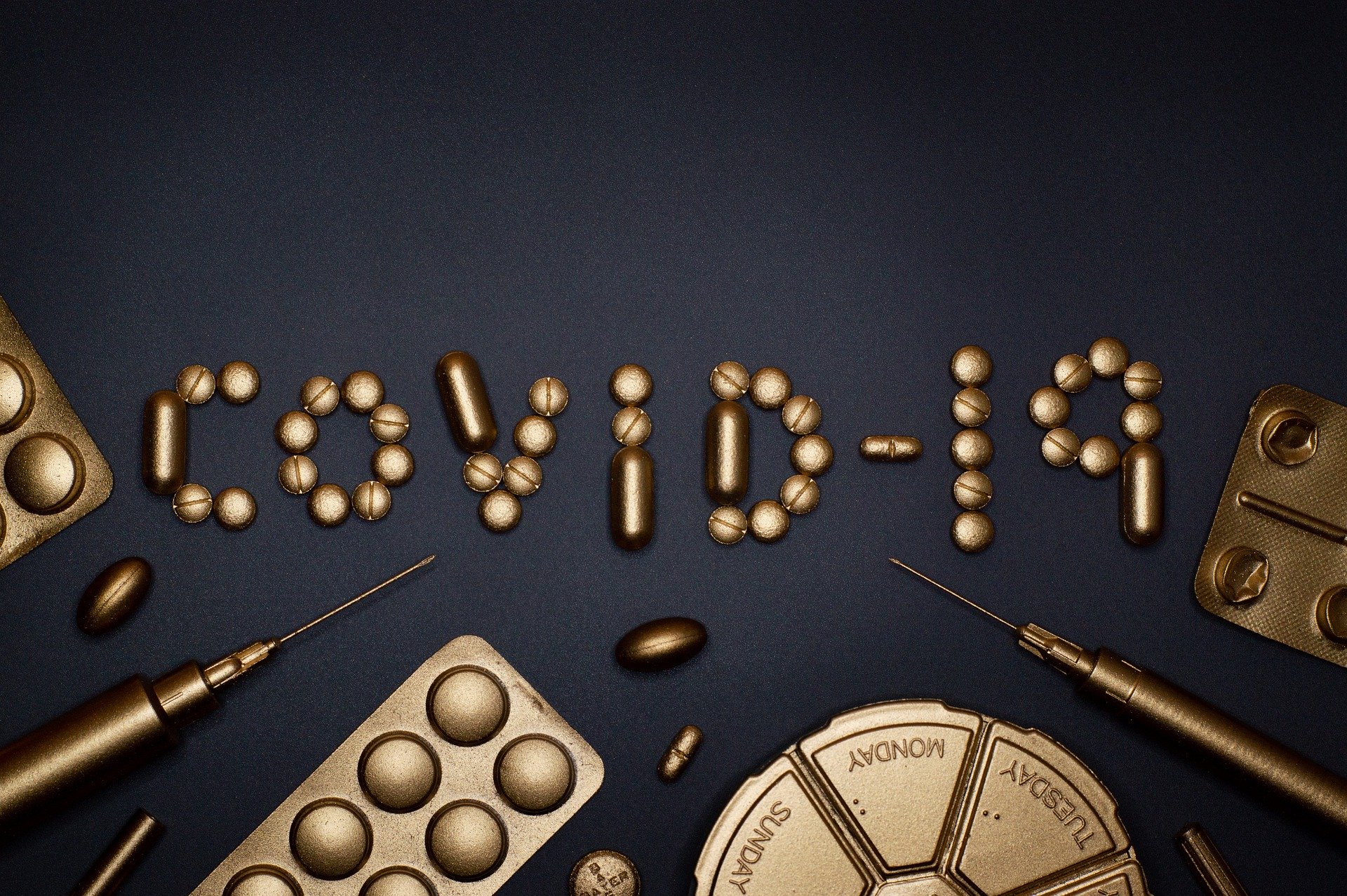Expert Reaction
These comments have been collated by the Science Media Centre to provide a variety of expert perspectives on this issue. Feel free to use these quotes in your stories. Views expressed are the personal opinions of the experts named. They do not represent the views of the SMC or any other organisation unless specifically stated.
Professor Johannes Alffenaar is Chair of Clinical Pharmacy at the University of Sydney
Remdesivir inhibits a part of the replication cycle of SARS-Cov-2. In order to be effective, the right amount of drug needs to be at location of infection at the right time. At this moment it’s not crystal clear what that concentration should be and whether it is reached with the dose used in the trial. Also, the timing of starting the drug is critical. If the virus has already replicated massively in the body the drug is not able to turn the tide. For COVID-19 it’s not known yet when treatment should be started. It could well be that it should be started at the first symptoms to inhibit viral replication in time. Moreover, in the trial part of the patients received lopinavir-ritonavir, interferon alfa-2b, antimicrobial drugs and corticosteroids. All thought to be potentially beneficial interventions. This makes it more difficult to pick up any response related to remdesivir.
However, the biggest problem still remains the sample size of the study. As COVID-19 is a self-limiting disease in most patients a very large sample size is needed to see an improvement related to the intervention which was not fulfilled in this trial. As mortality was approximately 15% the severity of disease may not have been as severe as originally anticipated making if even more difficult to see a difference compared to placebo.
Dr Gaetan Burgio is Group leader and head of the transgenesis facility, John Curtin School of Medical Research, at the Australian National University
The encouraging results of the clinical trial in the USA and disappointing results from China on Remdesivir treatment for COVID19 suggest that Remdesivir may improve clinical outcomes for patients, but in any case it is not a silver bullet against COVID19. It is therefore more critical than ever to keep social distancing, wearing masks or follow other preventive measures to limit the spread and eliminate the virus.
Dr Phillip Reece is a consultant to the pharmaceutical and biotechnology industry and an Honorary Senior Fellow in the Department of Pharmacology and Therapeutics at the University of Melbourne
The trial of remdesivir reported in the Lancet by Wang et al was stopped early due to difficulty in enrolling the target number of patients. The study was conducted in China and the number of new cases suitable for enrolment in the trial has declined substantially over the last few weeks as lockdown measures implemented by the Chinese have had the desired effect. Hence there were too few patients to complete the trial.
(The accompanying) comments by Norrie from University of Edinburgh, outline the reasons the trial was inconclusive. The trial did not have sufficient patient numbers to draw conclusions because it was statistically under-powered.
The announcement today by Fauci relates to a clinical trial sponsored by the NIAID in the USA of remdesivir. This follows an announcement in February that the trial was about to commence. The announcement is clearly preliminary and may have been precipitated by the accidental disclosure of the results of the Wang trial by the WHO on their website. That disclosure suggested that the outcome of the Wang trial was negative. This was disputed by Gilead, the founder of the drug and by Professor Fred Hayden an infectious diseases clinician from the University of Virginia.
Today’s announcement indicates that the NIAID sponsored trial was positive and reduced the duration of symptoms of COVID-19 infection by 4 days. That is, patients receiving placebo had a duration of symptoms of 15 days and those receiving remdesivir, 11 days. The results were reported to be statistically significant. The trial also suggested there was a survival benefit but this was not statistically significant. The trial recruited a total of 1063 patients and we must assume that it had the necessary statistical power to support the conclusion reported but that will become clearer with a more detailed report.
This appears to be the first clinical trial to report a statistically significant benefit of an antiviral against COVID-19. The fact that there was a reduction in duration of symptoms of 31 per cent in hospitalised patients with advanced COVID-19 and lung involvement is encouraging.
The drug is still in early development and there are therefore limited supplies, hence it is not yet available to the general public in the United States or anywhere else. The FDA in the USA will have to determine what further information is required, including information on the safety of the drug, before it can be made widely available.
Following reports that hydroxychloroquine and combinations of HIV protease inhibitors do not seem to be effective against COVID-19, remdesivir stands alone at this time as the only antiviral drug to be potentially useful in treating patients with COVID-19 infections.
Clinical Professor Ian Seppelt is a Senior Specialist in Intensive Care Medicine at Nepean Hospital
Politely, a published manuscript in Lancet has more credibility than a White House briefing.
I totally back John Norrie's editorial. The Chinese study is underpowered and is not inconsistent with a positive trial done elsewhere, but it is not possible to comment further without seeing the actual data. With seven RCTs of remdesivir underway internationally it should be possible to get a robust answer to this question soon.



 Australia; NSW; VIC; ACT
Australia; NSW; VIC; ACT



